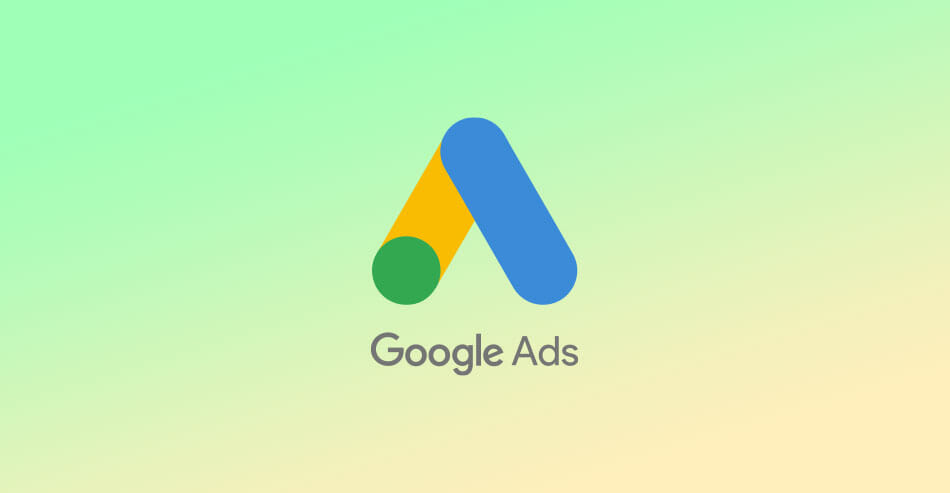Why choose App campaigns:
Businesses may run Google Ads App campaigns for several reasons, including:
- Increased App Installs: Businesses running an App campaign benefit from increased app installs and user base growth. These ad campaigns leverage Google’s platforms, such as Search, YouTube, and the Google Play Store, to reach audiences and attract new users.
- Targeted Advertising: Like other types of Google ad campaigns, a business running an App campaign can target specific audiences based on demographics, interests, and browsing behavior. This level of targeting can result in higher app installs and a better return on investment (ROI).
- Measurable Results: App campaigns provide detailed information and reports using mobile-optimized analytics suites. These solutions are ideal for tracking ad performance and adjusting campaigns on the fly to improve performance, optimize ad spend, and achieve a better ROI.
- Cost-Effective: App campaigns can be a cost-effective way for businesses to promote their app, as they only pay when a user installs or engages with the promoted app. This method typically results in a better ROI than other advertising forms.
- Automatic Optimization: App campaigns use machine learning to optimize ad delivery and targeting based on user behavior and engagement with the app. This feature functions automatically, helps businesses reach potential users at scale, and increase their chances of driving app installs and engagement.
Types of App Campaigns
Businesses can launch several types of App campaigns on Google Ads, including:
14. App Install Campaigns:
- Estimated Cost: $0.50-$3.
- Target Audience: App Install Campaigns can target specific audiences based on demographics, interests, and browsing behavior.
- For Target Owners (Business owners): App Install Campaigns can help increase app installs by promoting the app to potential users across Google’s network of platforms.
An App Install Campaign is specifically designed to boost the number of app installs, making it ideal for growing the app’s user base. This campaign type promotes the app through Google’s network and encourages users to visit the app’s Play Store page.
Businesses can set a target cost per install, and Google’s machine learning technology will automatically optimize ad delivery and targeting to achieve the best results. Additionally, businesses can use deep linking to direct users to specific content within the app, such as a product page or a promotion.
15. App Engagement Campaigns:
- Estimated Cost: $0.10-$1.
- Target Audience: App Engagement Campaigns target specific audiences based on demographics, interests, and user behavior within the app.
- For Target Owners (Business owners): App Engagement Campaigns can help businesses increase user engagement and retention by promoting the app to users who have already installed it.
App Engagement Campaigns are best suited for boosting engagement rates with an existing user base. This campaign type promotes the app to existing users and is intended to showcase new features, time-limited content, or other updates of interest for your app’s user base.
Businesses can use various ad formats, such as interstitials or video ads, to promote new features or content within the app. Additionally, businesses can set a target cost per engagement, and Google’s machine-learning technologies will optimize ad delivery and targeting based on user behavior within the app.
16. App Pre-registration Campaigns:
- Estimated Cost: $0.50-$2.
- Target Audience: App Pre-registration Campaigns target users who have shown an interest in the app but have yet to install it.
- For Target Owners (Business owners): App Pre-registration Campaigns can help businesses generate buzz and anticipation for their app before it is officially launched.
These campaigns are ideal for businesses about to launch new apps. They are designed to generate buzz and anticipation for an app before its official launch.
Businesses can use various ad formats, such as video ads or playable ads, to showcase the app’s features and benefits. Additionally, businesses can set a target cost per pre-registration, and Google’s ML technology will optimize ad delivery and targeting based on user behavior and interests.
By leveraging these different types of Google Ads App campaigns, businesses can reach potential users at various stages of the app lifecycle and drive app installs, engagement, and retention.
6. Discovery Campaigns
A Discovery Campaign is designed to help businesses reach potential customers through feeds on various Google platforms, such as Discover, YouTube, and Gmail.
These campaigns use machine learning (ML) to deliver highly targeted ads to users based on their interests, behaviors, and intent.
[ad_2]
